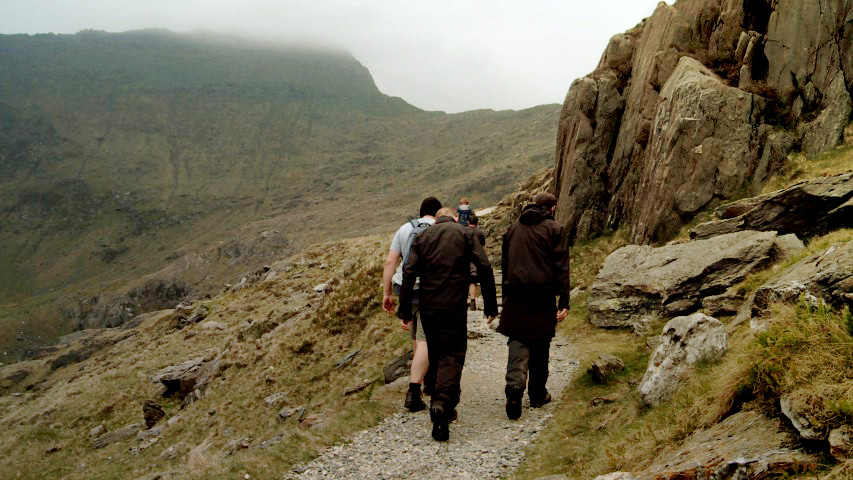This supported person has Obsessive Compulsive Disorder, Autism, and a moderate-severe learning disability.
They’d been living in a hospital for several years, as no community placement could meet their needs. They went out twice per week and almost never left their vehicle due to their highly complex needs and compulsive property damage.
When the hospital closed, Zeno was the only suitable provider to support. We fully funded the customisation of a vehicle using custom-fit carbon fibre racing seats to allow them to use a vehicle safely without causing damage.
They walk to the local shop, something they’d not done for several years. The staff give them constant physical reassurance throughout their walks. They attend Simply Cycling, go clothes shopping, enjoy creative activities and colouring, go grocery shopping every week, visit the barbers every month, attend a private swimming lesson every fortnight and can now safely travel on a bus. None of which was possible whilst at hospital.
Their weight was a considerable health concern, having weighed 18stone5lbs on arrival. Which requires a high-carb, low-protein diet. Using hiking to support mental and physical well-being, their weight dropped and is now stable.
In 2024, they went home for Christmas, the first time in seven years.
Epilepsy monitoring
At the hospital, they were watched overnight by waking night staff. This was a highly restrictive practice, so we started to use technology as an alternative. We provided an audio monitor initially; however, we saw they don’t always vocalise in their seizures. They hadn’t previously tolerated a vibration sensor on their bed, so we built a custom panel into the base of the bed and put the monitor inside. They no longer require a waking night.
Medication improvement
Having previously required daily PRN Diazepam, a chemical restraint, Imran no longer requires PRN and has achieved significant reductions in his anti-psychotic medication.
The future
We’ve secured NHS England funding to provide them with a fully adapted and bespoke long-term home. They are excited to move into their ‘forever home’.
Paul, Manager of RRR said:
“Seeing them in a locked hospital room, under the constant surveillance of staff, I could scarcely believe that they’d ever access the community again. Within 24 hours in RRR, they visited a local shop; within a week they were going to the cinema; and by Christmas, for the first time in seven years, they visited their family home, without staff present. We see this same incredible story repeated in every placement.”

